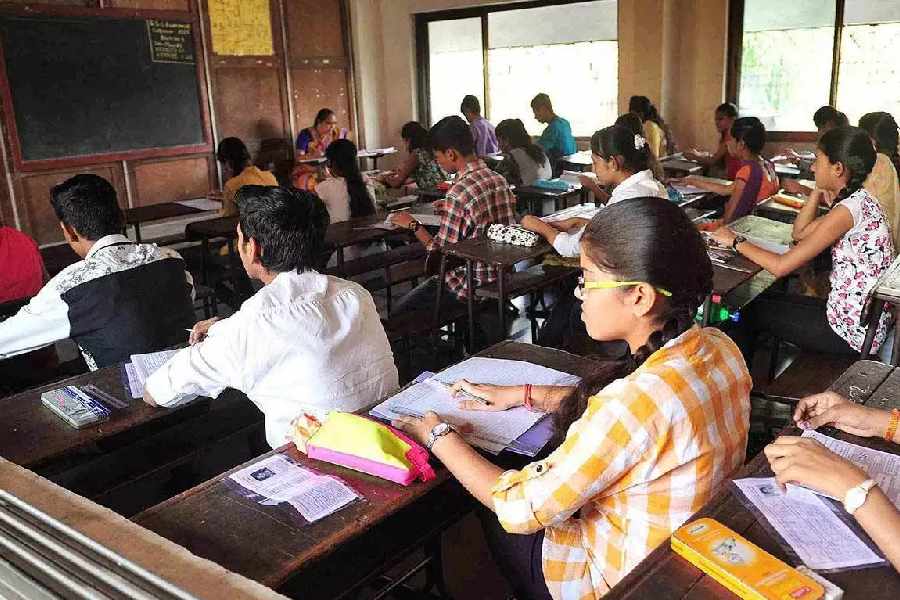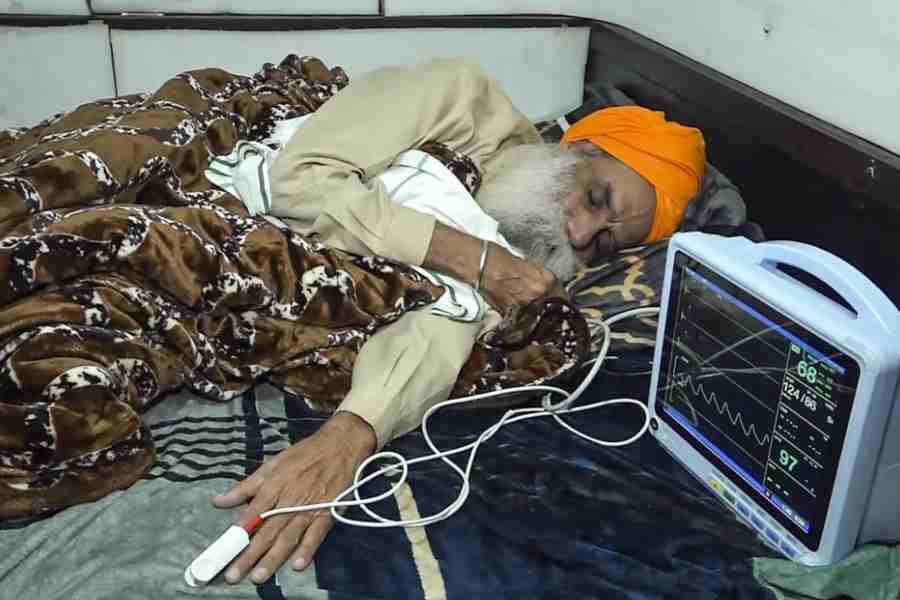Undergraduate colleges in West Bengal are losing students. A notable percentage of seats for core courses in science and subjects such as philosophy and even economics have been left vacant this year although the last date for admissions was extended. Teachers feel that students are shifting to professional and skill-based courses or choosing subjects with placement in mind. Young people could not all have lost interest in academic learning, so the problem lies elsewhere. West Bengal’s colleges had experienced a decline in admissions in recent years, part of which was caused by the economic effect of the pandemic. Young people needed jobs as soon as possible. The 45% reservation of seats in the state combined with a rise in the number of colleges contributed too. But in 2023, when the National Education Policy, 2020 was implemented in the state, the intake has dropped further. The multiple exit points of the four-year undergraduate course may have raised doubts. What would a two-year diploma achieve? A three-year degree, without the rigorous study of a core subject, may be equally problematic: around 42.3% of Indian graduates under 25 from the old system are unemployed. The fourth year, with the option of focusing on one subject and its emphasis on research, is useful for teachers, scholars and researchers. And how many would go in for post-graduate studies when an ‘honours’ graduate with a score of 7.5 CGP can apply for a doctorate degree straightaway?
This is not West Bengal’s problem alone. Even Delhi University and its affiliated colleges are struggling with vacant seats. One view is that the requirement of stating the preferred college and subject before the Common University Entrance Test results are out, combined with the Common Seat Allocation System, disallows candidates flexibility of choice. This forces them to seek other forms of training. Is all this the result of messy thinking or careful planning? The shift towards employment-oriented study would discourage scholarship and research. More generally, it would sabotage the width of mind, curiosity, independent thinking, critical capacities, and the impersonal love for a subject that abjures pettiness, all of which come through academic studies at the undergraduate level. Much would have been achieved if the new system improved employability. Will it? And will there be jobs enough to accommodate the technically and professionally competent generation?










